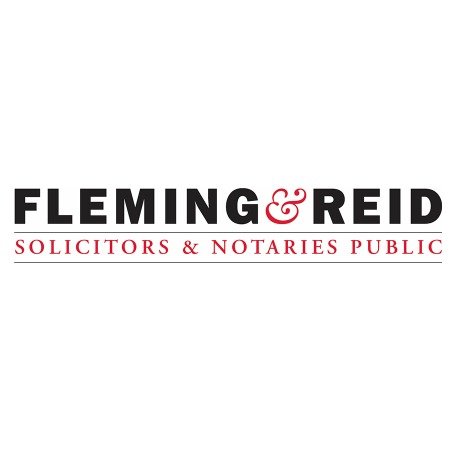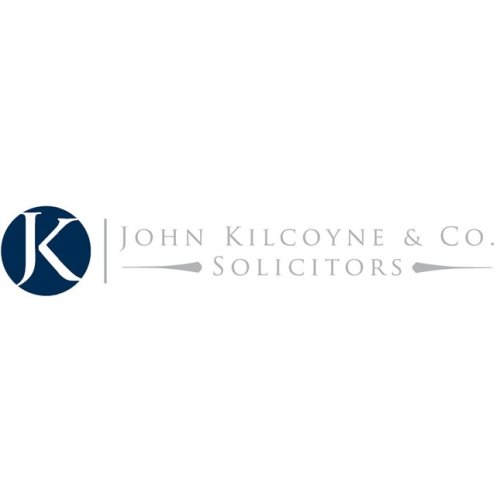Best Child Abuse Lawyers in Glasgow
Share your needs with us, get contacted by law firms.
Free. Takes 2 min.
Free Guide to Hiring a Family Lawyer
List of the best lawyers in Glasgow, United Kingdom
About Child Abuse Law in Glasgow, United Kingdom:
In the United Kingdom, including Glasgow, child abuse laws are robust and well-defined. They protect children under the age of 18 from physical, emotional, and sexual abuse, as well as neglect. The laws ensure that any form of mistreatment towards children is detected, investigated, and effectively dealt with. Penalties include substantial fines, imprisonment, and lifetime listing on the child protection register.
Why You May Need a Lawyer:
If you're implicated in a child abuse case, the legal proceedings can be complex and emotionally exhausting, therefore, having a lawyer to represent you is critical. They can provide legal advice, represent you in court, and ensure that your rights are protected. Additionally, if you suspect a child is being abused and want to intervene, a lawyer can guide you through the process of reporting the abuse and potentially taking legal steps to protect the child.
Local Laws Overview:
The main statutes governing child abuse in Glasgow, and broader Scotland, are the Children and Young People (Scotland) Act 2014 and the Children (Scotland) Act 1995. These laws focus mainly on the child's welfare being of paramount consideration. Any sign of abuse whether physical, emotional, sexual, or neglect is handled seriously and results in legal actions which could include imprisonment, fines, and mandatory counselling programs. Additionally, mandatory reporting applies to teachers, health practitioners, and the police who are obliged by law to report any suspected case of child abuse.
Frequently Asked Questions:
1. What constitutes child abuse under Glasgow law?
Child abuse in Glasgow encompasses physical, emotional, and sexual abuse, as well as neglect. Any behavior that harms a child or places them at risk of harm, including domestic violence, inappropriate sexual behavior, deliberate malnutrition, or emotional manipulation, is considered abuse.
2. What should I do if I suspect a child is being abused?
If you suspect a child is being abused, you should immediately report your concerns to the local child services department or the police. You also might wish to seek legal advice to ensure that your actions are in the best interest of the child and within the confines of the law.
3. How is child abuse penalised in Glasgow?
Conviction of child abuse in Glasgow could lead to significant fines or imprisonment. In grave cases, individuals can be put on the Child Protection Register, limiting their contact with children for life.
4. Can a lawyer represent a child in an abuse case?
Yes, lawyers can represent a child in an abuse case ensuring their legal rights are preserved and their wellbeing is protected.
5. What protection does the legal system provide for child abuse victims?
The legal system provides various protections for child abuse victims, including keeping their identity confidential during proceedings, enabling them to provide evidence without confrontation, and giving access to counselling and therapeutic services.
Additional Resources:
There are several resources that provide support for child abuse victims and their families, including NSPCC (National Society for the Prevention of Cruelty to Children), Childline Scotland, ParentLine Scotland, and many others that offer counselling, assistance, and safeguarding advice.
Next Steps:
If you believe you need legal assistance in a child abuse case, you should first ensure the safety of the child. Make a report to your local child services department or police, and seek immediate legal advice from a lawyer who specializes in child welfare cases. There are numerous law firms in Glasgow with experienced solicitors that can help you navigate this difficult process.
Lawzana helps you find the best lawyers and law firms in Glasgow through a curated and pre-screened list of qualified legal professionals. Our platform offers rankings and detailed profiles of attorneys and law firms, allowing you to compare based on practice areas, including Child Abuse, experience, and client feedback.
Each profile includes a description of the firm's areas of practice, client reviews, team members and partners, year of establishment, spoken languages, office locations, contact information, social media presence, and any published articles or resources. Most firms on our platform speak English and are experienced in both local and international legal matters.
Get a quote from top-rated law firms in Glasgow, United Kingdom — quickly, securely, and without unnecessary hassle.
Disclaimer:
The information provided on this page is for general informational purposes only and does not constitute legal advice. While we strive to ensure the accuracy and relevance of the content, legal information may change over time, and interpretations of the law can vary. You should always consult with a qualified legal professional for advice specific to your situation.
We disclaim all liability for actions taken or not taken based on the content of this page. If you believe any information is incorrect or outdated, please contact us, and we will review and update it where appropriate.
















